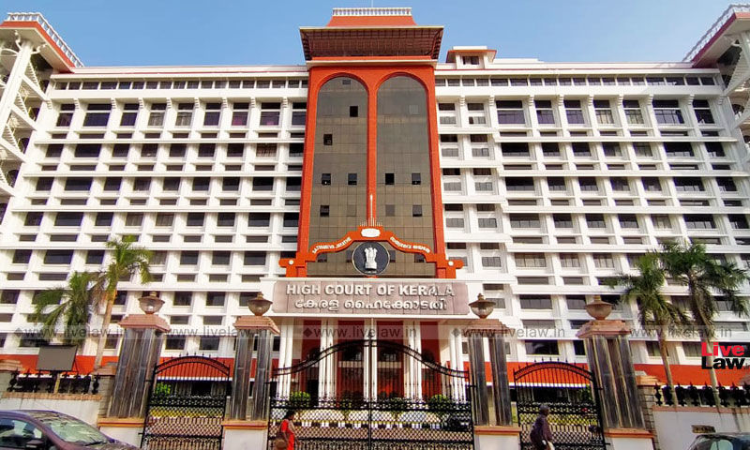Regulate Crowdfunding In Private Accounts For Charity : Kerala High Court
Hannah M Varghese
9 July 2021 4:20 PM IST

This comes after a staggering amount of 18 crores was raised in a week through crowdfunding by the public for the treatment of a child.
Next Story


